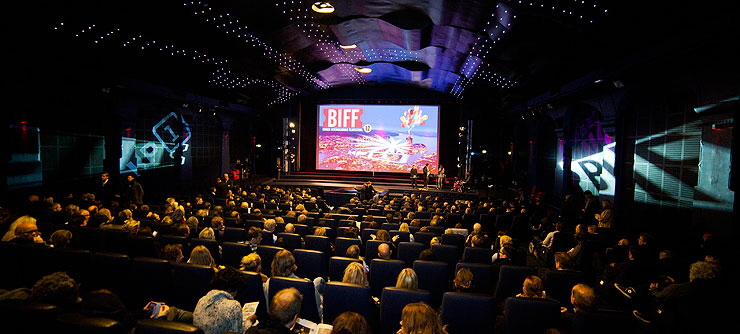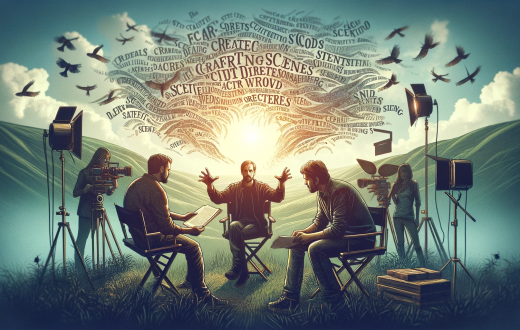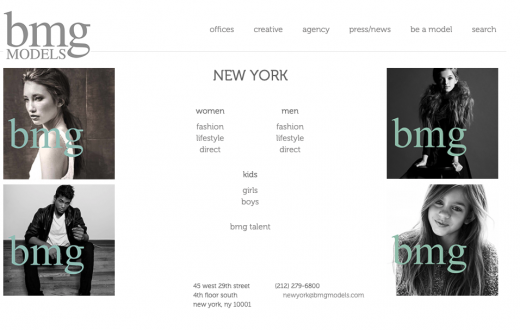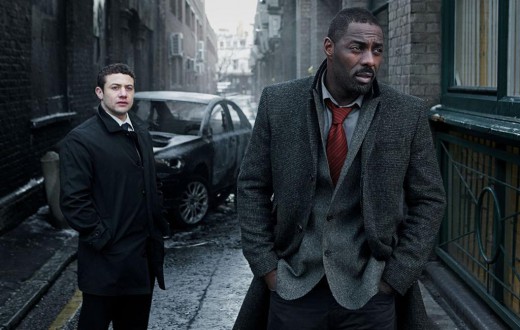Oftentimes, making a name for yourself in the film and television market means taking on the festival circuit. With everything from short films to features to web series’ being honored in the form of both local and international film festivals, the week-long gatherings of filmmakers and screenings of new works are a vital way to get your work seen and your name out there. In fact, film festivals have been known for providing incredible networking opportunities and even launching the careers of industry-described “independent film stars.” But, what you may not know, is that film festivals are open to the public. With multiple screenings, panels, and workshops, anyone can buy a ticket and attend the numerous social and work-related gatherings. In fact, you don’t even need to have your film in a festival to use the already industry-populated environment to your advantage. By just showing up, you could form your next great industry relationship or even get cast in your next project. It’s all in how you work the red carpet.
Yep, film festivals are set-up for people like just you: People who appreciate film and strive to work in it. So here’s what you can do to make the most out of every film festival in town. And, with a little bit of luck, you could be the lead in Sundance’s next big film premiere.
1. Do Your Research
There are hundreds of festivals that go on around the country (and the world) each year. Of course, you may have heard of some of the big ones: such as the Tribeca Film Festival, Sundance, and Cannes. But, otherwise, there’s a number of different events, panels, and screenings for actors and filmmakers at all levels and genres of the business. You can find a bunch of film festivals to submit your film to and attend that are near you or simply spark your interest at withoutabox.com.
2. Bring Your Materials
“A great attitude and willingness to meet people at the networking events,” is all you really need according to filmmaker and head of Boy With Stick Productions LLC, Rosalie Tenseth. However, there’s also a number of different materials that will definitely help you with your networking game; whether you have a film in the festival or not. “Postcards for the film,” Tenseth advised for those who have a film screening, “have your social media and secure contact information on each postcard, so that even if someone could not make your screening time they can reach out to you if interested.” However, bringing business cards for your film and/or yourself could be your key tool in otherwise awkward situations. Because, just as Tenseth points out: “Business cards are helpful at the networking cocktail events.”
3. Have Your Self-Pitch Ready… But Don’t Necessarily Use It
But, unfortunately, just having postcards and business cards on-hand can’t completely save you from starting (or restarting) an otherwise dead conversation. In that case, you’re going to need your pitch. Just like business men and women, a pitch is a quick sentence or two that sums up who you are and why you’re important. However, the tricky thing when coming up with your pitch, is making sure you don’t sound too serious and commercial-like. For example, a decent pitch could be: “I’m so excited to check out this one film at this festival because right now I’m working on a film with a similar genre” or “This one film I saw was really inspiring because it
reminded me of a project I completed recently.” Basically, when thinking of your pitch, compile two main thoughts: What is your most buzz-worthy piece of news right now? And why would the other person care about it? However, there’s one more trick about the pitch: Don’t flaunt it. The key to delivering the first pitch is asking about the person you’re talking to first. Then, after they tell you all about yourself, that’s when they’ll turn the tables over to you. Giving you the perfect platform to humbly deliver your pitch.
4. Go With A Networking Partner
But, I know what you’re thinking. As someone who can be pretty socially awkward myself, I get it. Networking at film festivals (big and small) is terrifying. So, just like in dating, sometimes you need a friend to help you out. Yep, you can bring a wingman to networking events. Whether you decide to bring a fellow actor, a filmmaker you know, or a person who’s completely out of the business, having someone else there can help you gain the confidence you need to approach people without bursting into tears and running away the second you find yourself standing alone. You can talk to each other, scope out the scene, and help each other pick up the conversation when it falls flat. There’s no shame is having someone there to hold your hand.
5. Dress To Impress
Have you ever heard the phrase, “Dress for the job you want”? With this step, that’s exactly what I’m talking about. Not only do most film festivals have red carpets, but they have numerous people walking around in fancy (or nicer than casual) clothing. If you’re there for your film, feel free to go all out! It’s an accomplishment worth celebrating. And if you’re just there to support other actors and filmmakers, don’t downplay yourself and your importance. Dress with confidence, pride, and dress so that you can feel like yourself. The best possible version of yourself you can be.
6. Participate In As Much As You Possibly Can
After discussing all of the networking possibilities, this step might seem like a give-in. But, for those of you not fully convinced, I’m going to bring home this point one last time. When you buy your tickets for a festival, you can check the schedule in advance. There’s screenings, panels, Q&As, industry-specific workshops, and I’ve even seen open-call auditions, at film festivals. Find out what interests you, make it on your calendar, and buy the appropriate tickets so you can go. The more you do, the more your seen. And that’s where you can put all of your networking preparation to work.
All-in-all, film festivals are there for you. Take advantage of what’s right in front of you.







